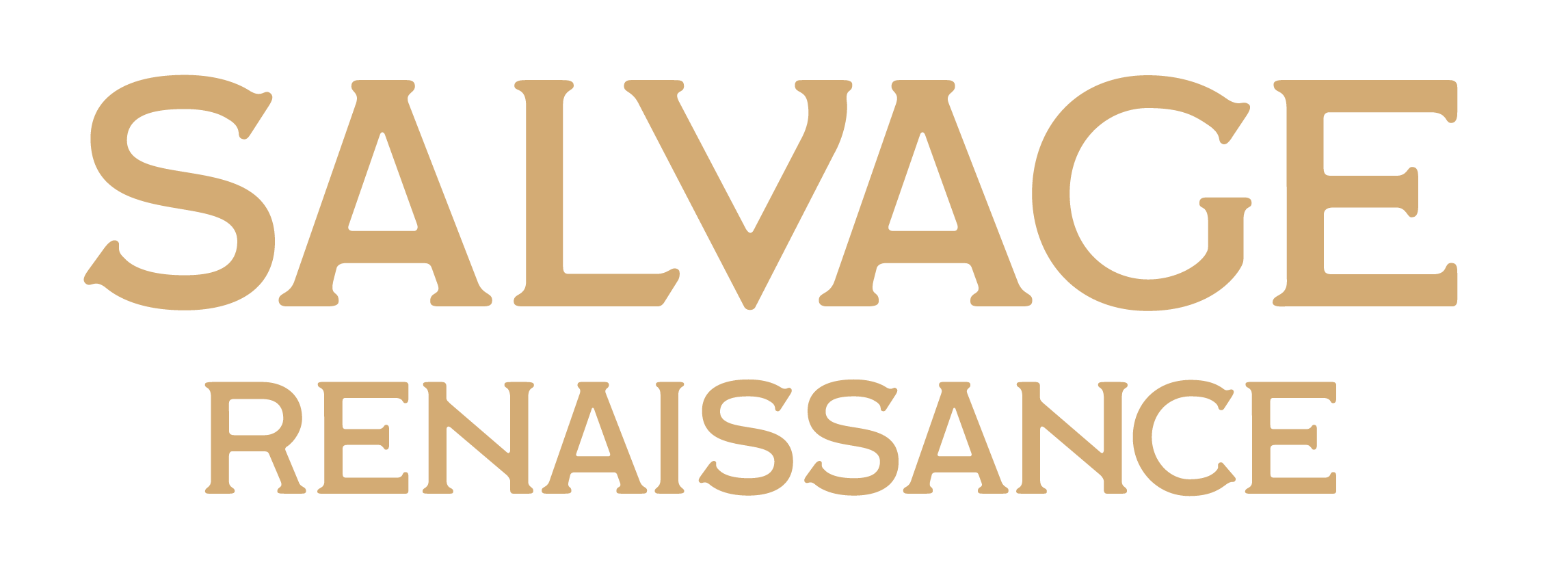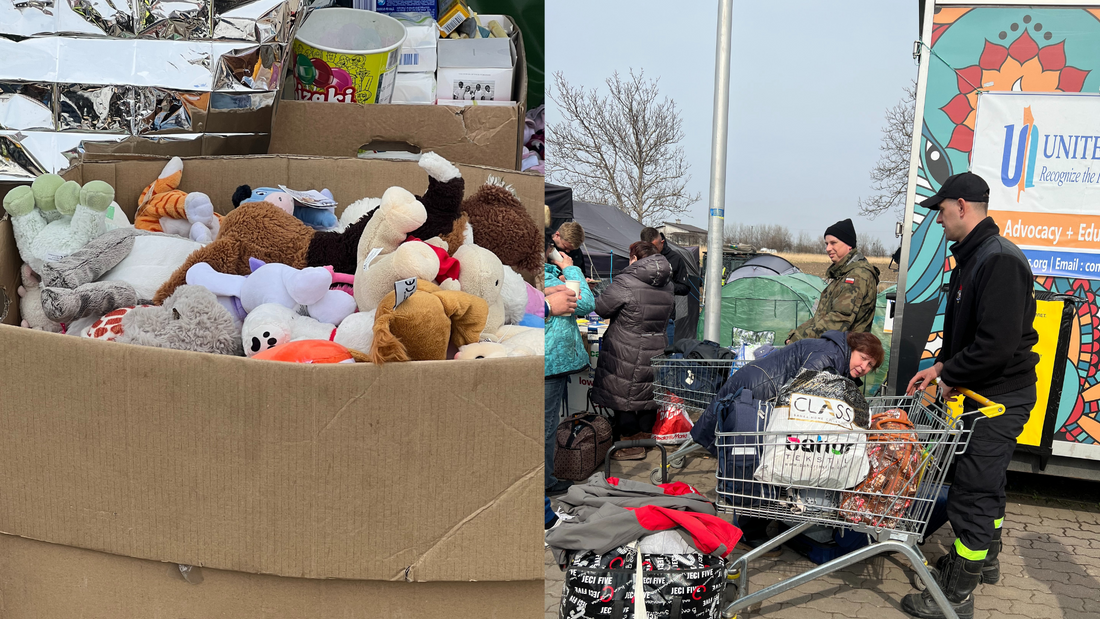One of the most-asked questions I get regarding my volunteer work with Ukraine is what inspired me to get involved (especially when friends learn that I traveled there twice). Countless people asked (in various tones and with deep bewilderment)...." why are you going?" "why are you here?" Fair questions, on the one hand (even when it was asked in a somewhat suspicious tone). The simple answer was that a war started, people needed help, and I could potentially offer it. Having watched my parents and grandparents help during neighbors' and friends' times of need (think Mississippi floods during the 60s and 70s), I figured there must be something I could do (I clearly recall driving around with my parents during these let's-chip-in relief trips).
At the start of the war, I reached out to a friend, Eddie, whose prior work included stints in Eastern Europe (therefore, I figured he would be involved in some way). Unsurprisingly, he was already in Ukraine (and sent back startling videos that reflected what was happening). In conjunction with his former colleagues, Eddie quickly formed an NGO that would provide micro-grants (and get immediate relief to Ukrainians). The name was Help Ukraine Operation Palyanytsya (HUOP), a humanitarian aid effort to fill gaps in necessities. Now, before I proceed, allow me to provide a definition of that P-word (and I promise I can teach you how to say it correctly). "Palyanytsya" is a type of Ukrainian hearth-baked bread made mostly of wheat flour in a home oven.

I asked Eddie if there's anything I could do to help. He responded with "of course" and suggested I consider coming to Poland. After consideration, research, and securing my family's support, I headed there. I spoke with Brian, the Executive Director of HU22/OP in advance. I disclosed that my presence was not a natural fit to this serious situation, but I would like to help with anything he needed. At that point, he sent me a list of voids in supplies and, of course, reinforced the need for funds. The first thing we (my husband, daughter, and I) did was circulate a list of necessities for troops on the front lines, including but not limited to surgical tape, gauze, anti-bleeding patches, and pain relievers. Thanks to social media and the support of friends we knew (and people we have never met, thanks to Ken White), we amassed over six suitcases full of supplies. We had to discontinue the drive, as I had a limited number of bags that I was allowed to bring on the plane. So, off I traveled to Poland, where I learned how the true professionals who do this for a living handle such crises.
The obvious question that followed is what I did while I was there. While there are professionals who are used to handling global crises, there were no manuals on "How to Handle a Russian Invasion." While I watched in awe at how the team received information about pending or real-time attacks (and preparing game plans), I determined that it was best to call on contacts for donations. I was also introduced to several business owners (via Zoom) to whom HU22/OP was providing aid.
We visited the Medyka (Poland) border crossing and witnessed/met refugees crossing into Poland. It is a scene I will never forget, with a steady flow of Ukrainians entering Poland and preparing for the next leg of their journeys. A very moving part of the setup was seeing organizations worldwide offering assistance (medical, veterinary, mobility) and supplies (food, clothing, and pet, baby, & elderly). For that moment, I saw how the world had come together, regardless of skin color and religion.
Truth be told, a few other reasons prompted my decision to go to Poland. First, my late grandfather (aka, Papa) hailed from Serbia in his late teens (note my maiden name is Zegarac). He used his brother's passport to gain entry to the U.S. and lived a full and amazing life until his death at 100 years old. Papa read and introduced me to the "Srbobran," the Serbian newspaper, by sharing stories about what was happening in his homeland, namely the treatment of Serbian people by their ruthless leader. He often spoke about the type of rule in that part of the world and feared the dictatorial style. Second, my husband's family (of Jewish descent) kept their Holocaust stories alive and how those who survived made their way from Ukraine, Romania, and Poland.
Last but not least, I worked in the retail business during the explosive AIDS crisis. A former boss at Saks named Tom was diagnosed during the early years. We worked together in a small office in Store Operations. He was wonderful: handsome, hilarious, smart, and presumably straight because he spoke of a girlfriend. One day, he came to work very late (highly unusual), closed the door, and said he had to share something serious with me. The news was that he is gay and was in a relationship for four years. Now, the dramatic news: he and his partner had just returned from the Dr. and advised that they were likely carrying a virus (HIV, but it was not yet called that). There was no treatment or cure; it was highly contagious (mainly through intimate encounters), and people in his community were "dropping like flies." He suggested that I get tested due to our close working proximity; again, the medical community was unclear about how easily the virus could transfer. Although not overly concerned about my having the virus, he tested me (and it was negative). I must have heard about 30 colleagues being diagnosed with HIV within two years of that exchange with my former boss. But, honestly, I didn't do much to help them, aside from accommodating schedules for Drs appointments. There is so much more I could have done, especially now that I read the accounts of what the AIDS warriors did. I could have delivered supplies, medicine, and visited them in the hospital. Easy enough, right?
My point is this - whether the cause is Ukraine, women's rights, or the like, there is a way to get involved. Just ask! Why not you?


